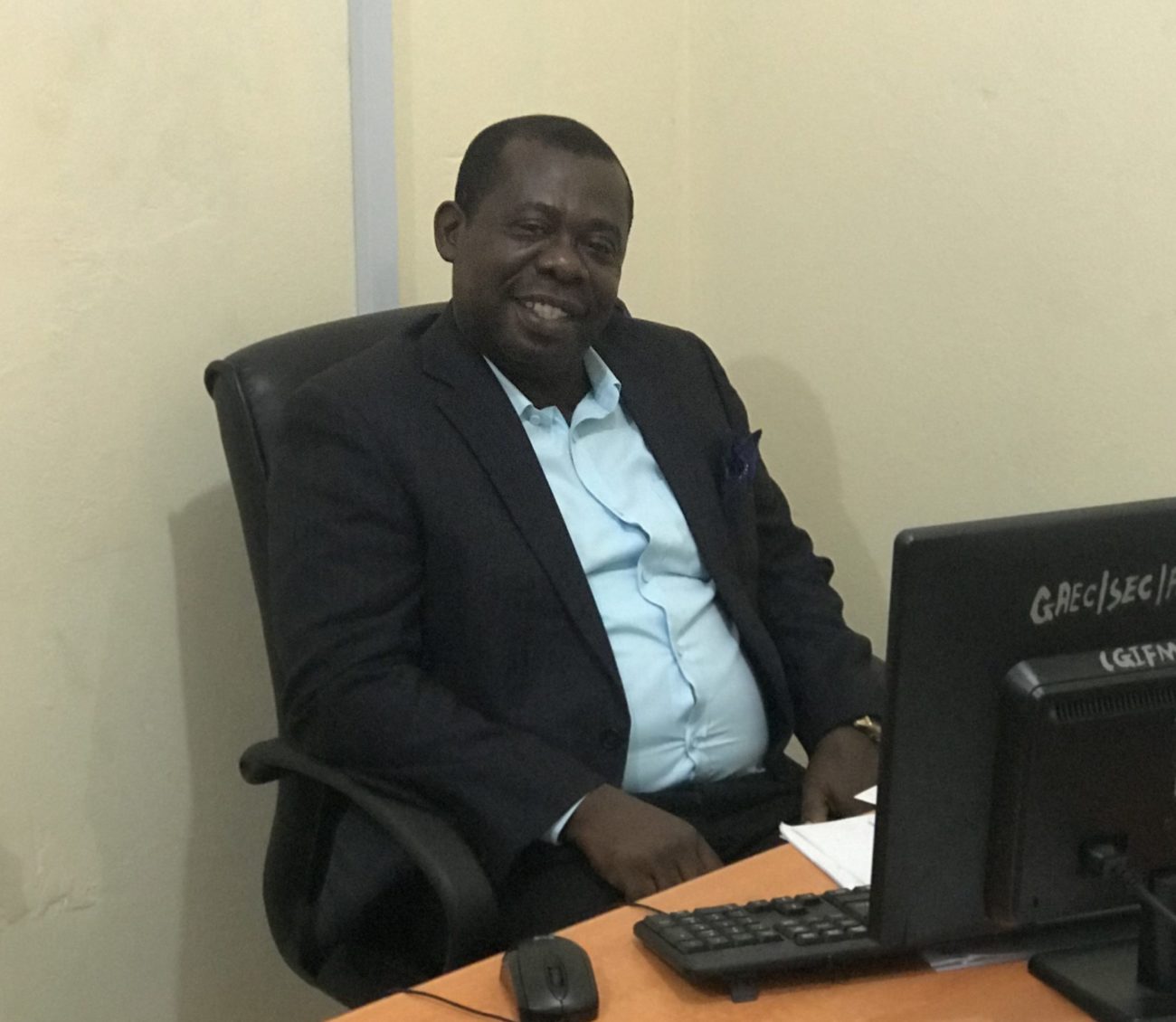“A key role of HR in supporting nuclear security is to advocate for certification in nuclear security.”
Richard Asare, Administrative Officer at the Ghana Atomic Energy Commission, speaks about the importance of training and human resource development in promoting nuclear security culture.
What is the role of the human resources department in supporting nuclear security?
A key role of HR in supporting nuclear security is to advocate for certification in nuclear security, and WINS certification is my best bet. The paradigm shift from the three G’s [guns, guards and gates] in nuclear security should inform this and encourage HR stakeholders to encourage certification for all security personnel.
The HR department of GAEC primarily facilitates the recruitment of qualified nuclear research scientists to work at the various installations under the commission.
Why is demonstrable competence important?
Employment to serve in any job role requires specific and general competences. Specific competences such as IT applications, professionalism, career management and written communication are required for middle to top level staff while others – like oral communication, teamwork and leadership – are applicable to all staff categories.
One is expected to demonstrate the required competence on the job and also be able to impart it to other colleagues. This is important for succession planning and capacity building. Therefore demonstrating and/or acquiring the requisite competence is important for staff progression from grade to grade.
“I could tell the gap in the understanding of perceived and real security threats.”
What was your WINS Academy elective? Why did you choose it?
I am a WINS Certified Nuclear Security Professional with an elective in Executive Management. I was attracted to the course after perusing the rich course content, which cuts across all levels of security management. My concern was insider threats and how to develop and implement effective security policies at nuclear research institutions. I was enlightened by the deep examination of key management issues such as assessing KPIs with regards to monitoring and evaluation of security and management plans.
What inspired you to become a WINS Academy Ambassador?
Being in Human Resources offers me an opportunity to sit in Campus Guards interviews, and I could tell the gap in the understanding of perceived and real security threats. Being a WINS CNSP offered the opportunity to promote the WINS Academy programme and certification, therefore as an Ambassador I am in a position to contribute to bridging that gap not only among Campus Guards but among my peers in administration at various nuclear research institutions in Ghana and the sub-region.
What advice do you have for current WINS Academy learners or those considering enrolling?
I have encouraged all staff in the HR department to register and take the course. My advice is always that this is an opportunity to show your understanding of the industry you work in. You can become nuclear security professional without having to be a nuclear scientist. It is a great opportunity; don’t miss it!
From GAEC:
How has your organisation benefitted from Richard achieving Certified Nuclear Security Professional status?
During the implementation of the GAEC Corporate Strategic Plan 2017-2021, Richard made some presentations at the various institutions under the GAEC. We have no doubt the knowledge gained as a result of his WINS certification contributed to his deep understanding of nuclear issues, even though he is not a nuclear scientist.
“We have no doubt the knowledge gained as a result of the WINS certification contributed to his deep understanding of nuclear issues.”
